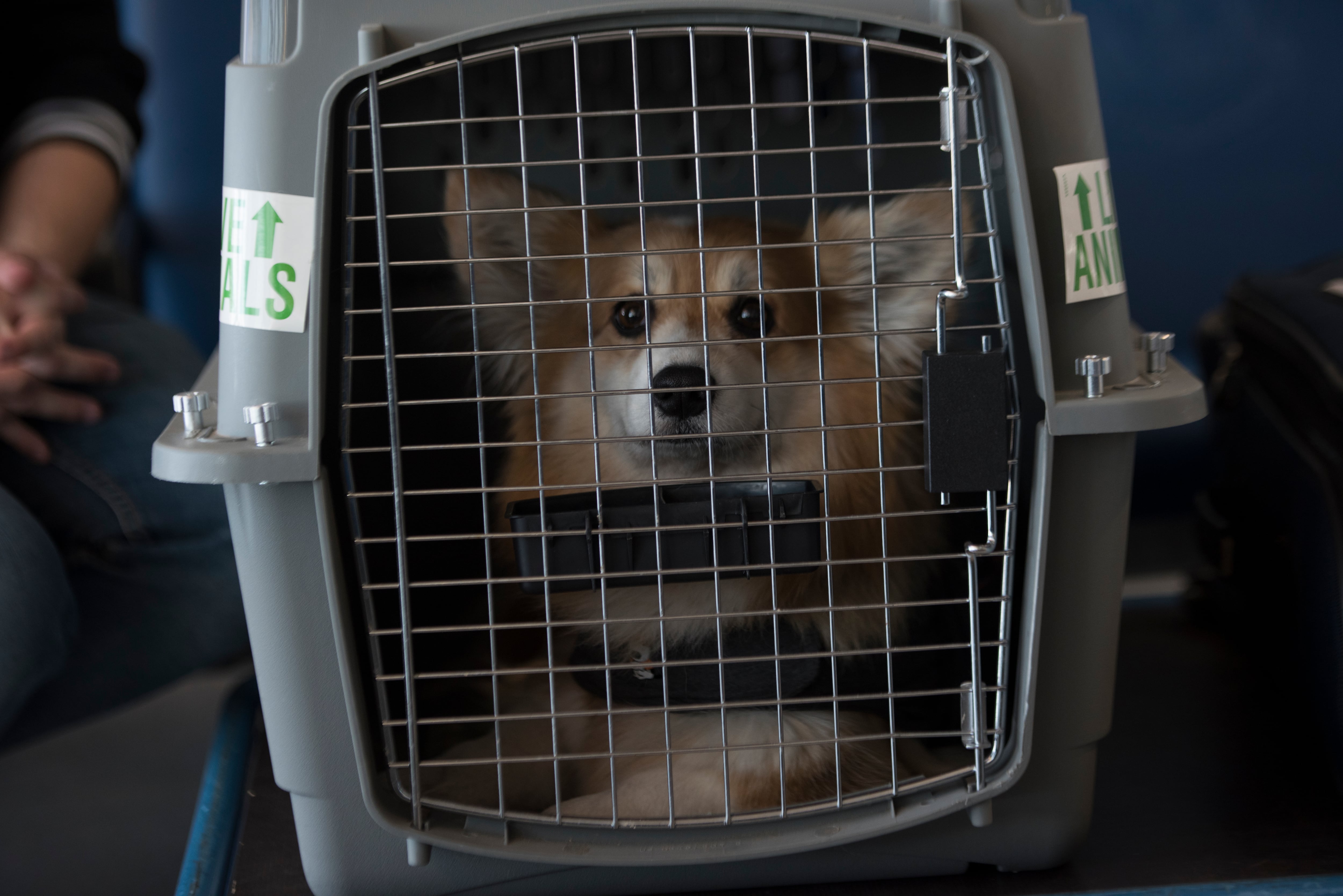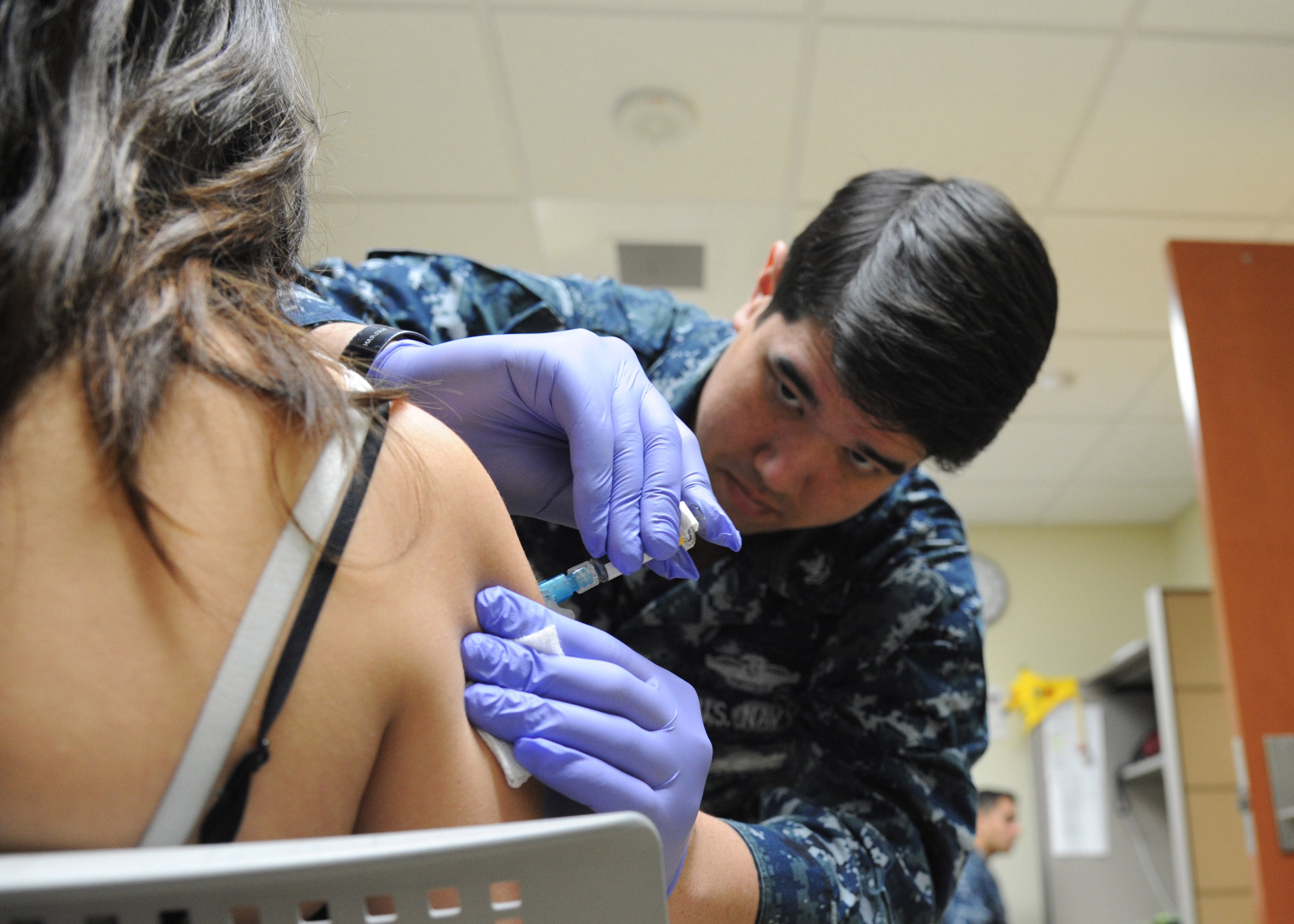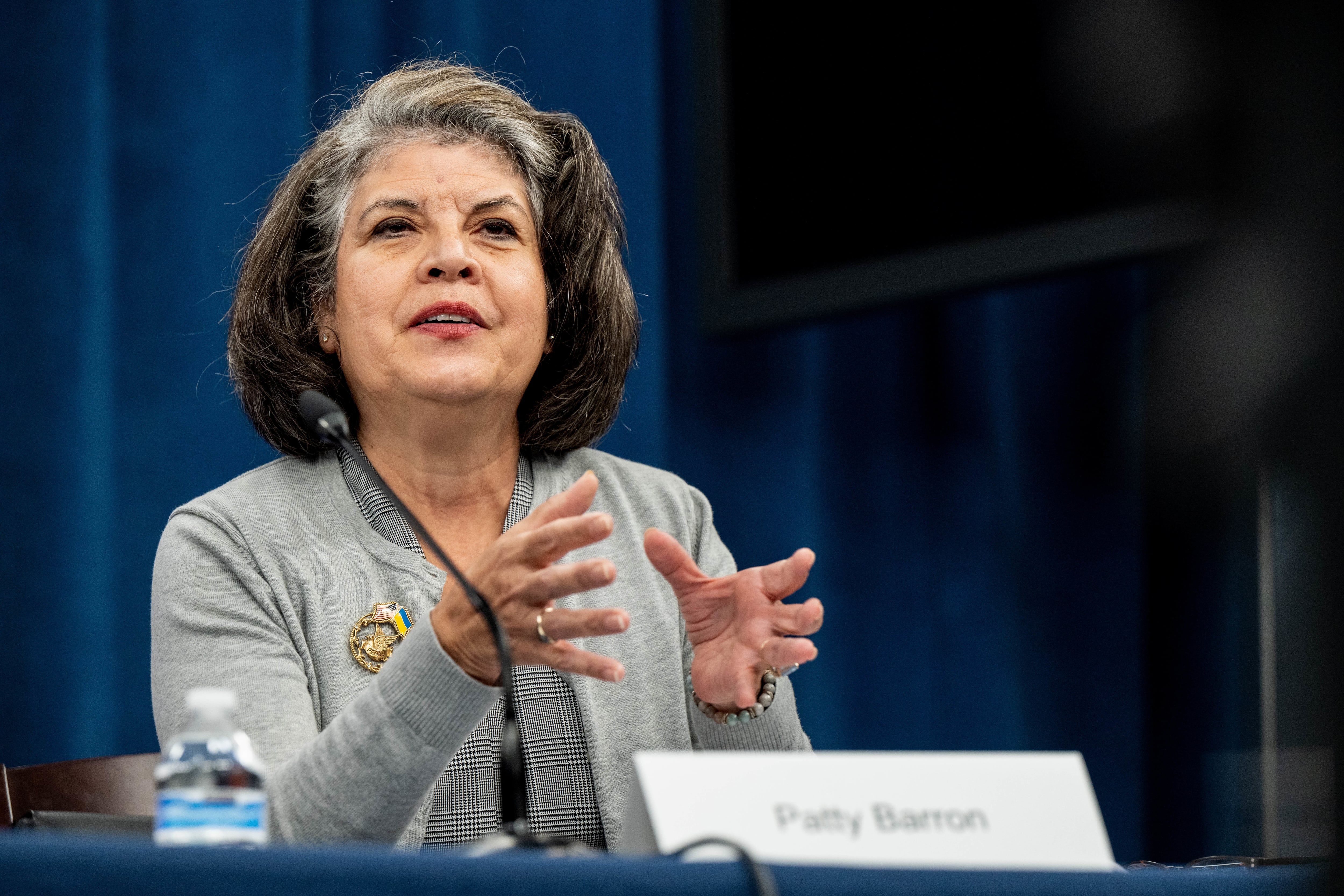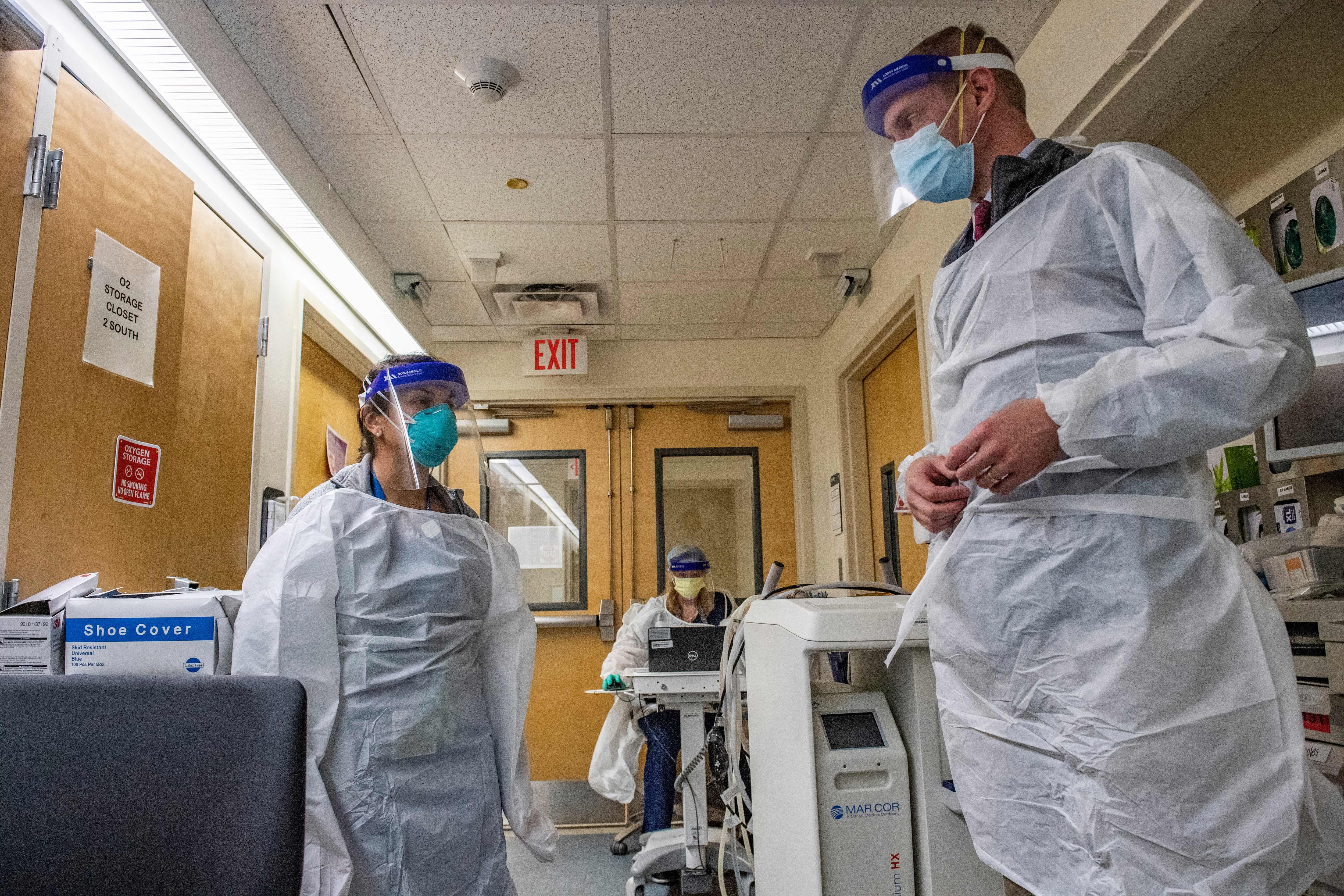With fewer options for transporting pets to and from overseas during a permanent change of station move, service members may find they’re having to pay more to ship their pets.
While the military does have a lower-cost PCS option for shipping pets with their families on government-contracted Patriot Express flights going to and from overseas, it’s space available only for pets, and first come, first served. Service members will in some cases need to use pet shipping services, which can cost thousands of dollars, depending on the size of the pet and where it’s going to or coming from.
To help sailors and Marines who may be facing these costs, the Navy-Marine Corps Relief Society has launched an interest-free loan program, providing up to $5,500 to cover the cost of up to two pets during a PCS move. Air Force Aid Society is also working to finalize a program that will assist airmen and Space Force guardians faced with these costs in moving their pets.
“Due to COVID-19, commercial and military flights have reduced capacity for transporting pets, causing a significant financial burden on our sailors, Marines and families serving overseas,” said retired Rear Adm. Dawn Cutler, executive vice president of that relief society, in an announcement. “Pets are treasured members of our families, and now sea service families won’t have to go into debt or make the difficult decision of leaving their pets behind due to expensive travel costs.”
To apply for the NMCRS interest-free loan assistance, service members need to provide verification of pet ownership, as recognized by DoD; and an estimate of pet travel costs when military flights are not available. If service members have already put it on their credit card and can show financial hardship for paying off the expense on the card, they may be eligible for the loan.
The service member is responsible for completing all the necessary steps and covering costs to ensure the pet is prepared for travel, such as health, kennel and specific breed requirements. For more information, visit Navy-Marine Corps Relief Society or email casework@nmcrs.org.
While military families in the past have experienced difficulties in shipping pets during a PCS move, “it’s getting tougher because of COVID,” said Scott Ross, spokesman for the U.S. Transportation Command. “The capacity in the commercial world is not what it used to be, so it’s tougher for an individual to schedule and pay for their pet to fly commercially.”
Ross said that officials have worked with Patriot Express contracted commercial carriers to increase the number of smaller pets that can travel in the aircraft cabin with their owners, from three to 10 per flight.
In calendar year 2019, 3,100 pets traveled with their families on Patriot Express flights —910 cats and 2,190 dogs, according to Air Force Capt. Christopher Herbert, spokesman for Air Mobility Command. In calendar year 2020, that number dropped to 1,069 pets, because of the DoD stop movement order during COVID-19, and fewer Patriot Express flights.
Patriot Express flights do have space available for 10 pets in the cargo area, and 10 in the cabin area, depending on the size of the pet. Again, it’s on a first come, first served basis. Fees are charged based on the combined weight of the pet and the kennel, and can vary between $125 and $375. The combined weight of the pet and kennel can’t exceed 150 pounds. For complete information about requirements and making arrangements to move pets on Patriot Express flights, visit AMC’s Pet Travel Page. It’s imperative that families start early in this process.
When the government-contracted flights aren’t available for pets, service members must turn to the commercial airlines. Service members aren’t entitled by law to move their pets at government expense when making a PCS move, but Joint Travel Regulations do allow reimbursement of mandatory pet quarantine fees, up to $550 per PCS move, for dogs and cats.
According to the State Department, some airlines no longer offer the option of allowing your pet to travel with you, either in cabin or as cargo. And most airlines no longer allow pet owners to directly book their pets on a separate flight as cargo.
The other option is hiring a licensed commercial shipper to ship your pet. You’ll pay the cargo rate plus the pet shipper’s fee. According to the State Department, many airlines now require this method unless your pet is small enough to fit in the cabin.
Some military leaders are aware of the issues for pet owners, and have taken action to make it easier for families.
Service members, DoD civilians and their families assigned to U.S. Forces Korea are allowed to travel by commercial air for PCS moves from South Korea, if accommodations for household pets can’t be made on government flights, according to an April 26 memorandum signed by Army Gen. Robert B. Abrams, commander of U.S. Forces Korea.
Commanders and supervisors will help service members arrange this PCS travel, which will allow them to travel as a family unit —to include pets. Travelers aren’t reimbursed for any pet fees, or for the cost of airline travel that exceeds the government’s contracted airfare costs, the memo stated.
According to the State Department, pets can travel in the plane, or as cargo, and the pet will be charged accordingly by the commercial airline.
Karen has covered military families, quality of life and consumer issues for Military Times for more than 30 years, and is co-author of a chapter on media coverage of military families in the book "A Battle Plan for Supporting Military Families." She previously worked for newspapers in Guam, Norfolk, Jacksonville, Fla., and Athens, Ga.





